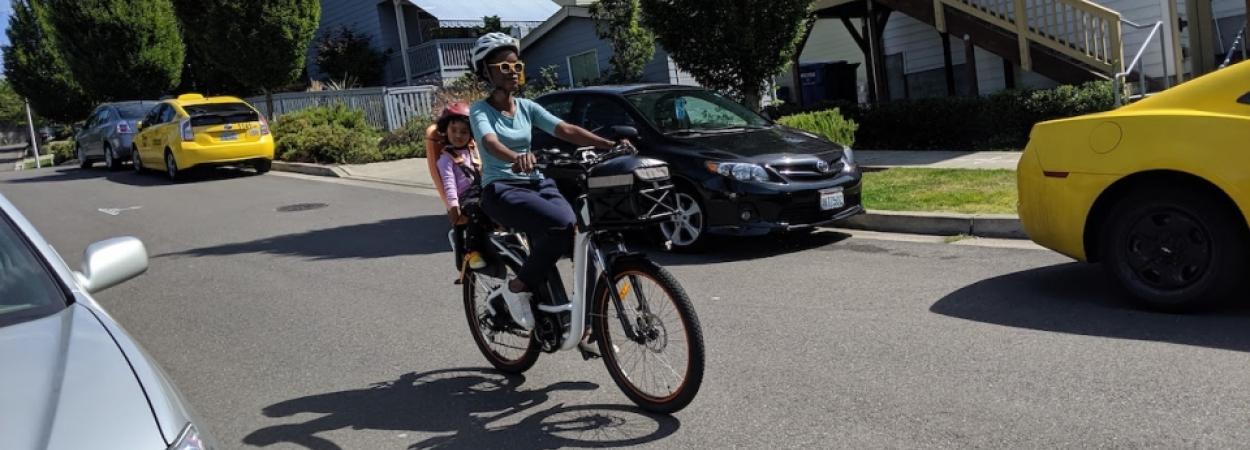Would monetary incentives encourage more people to buy e-bikes?
Portland State University (PSU) researchers are examining how purchase incentive programs can expand the current e-bike market, and the latest product to come out of this research is a white paper released earlier this month: “Using E-Bike Purchase Incentive Programs to Expand the Market – North American Trends and Recommended Practices (PDF)”
The paper offers methods of identifying the most effective program structure for the incentive provider's priorities, and helpful information on how to administer and track the program.
A great number of cities in the United States have cycling goals, and a great way to address those is by promoting e-bikes, because they provide for a much wider range of users than a traditional bike does," said Cameron Bennett, who is a master student in transportation engineering at PSU.
Bennett co-authored the paper with John MacArthur of PSU; Christopher Cherry of the University of Tennessee, Knoxville; and Luke Jones of Valdosta State University. The authors reviewed impacts and statistics from around 75 current, past, and proposed e-bike incentive programs in North America, and also interviewed industry leaders, academics and incentive program managers to identify key considerations. Streetsblog USA interviewed MacArthur on what the team found and the implications for program administrators.
Funded by the National Institute for Transportation and Communities (NITC) and PeopleForBikes, the multi-part research project has three stages:
- Tracking current and proposed e-bike incentive programs in North America (for more on that, see our Jan 2022 story or see the live online tracker spreadsheet);
- Evaluating practices, trends and case studies in those programs (download the white paper or watch the May 2022 webinar);
- Learning more about potential e-bike buyers and how incentive programs could influence their decision-making.
Later this year the team will publish the results of a national stated preference survey (take the survey here), aimed at learning the potential effects of different rebate methods, cash amounts, demographics and other factors. This will yield even more insight into what affects people's decision-making, and which types of incentive programs may hit the sweet spot.
John MacArthur has a long track record in e-bike research, and he and Christopher Cherry collaborate on research for the Light Electric Vehicle Education and Research (LEVER) Institute.
Photo by Dongho Chang
The Transportation Research and Education Center (TREC) at Portland State University is home to the National Institute for Transportation and Communities (NITC), the Initiative for Bicycle and Pedestrian Innovation (IBPI), and other transportation programs. TREC produces research and tools for transportation decision makers, develops K-12 curriculum to expand the diversity and capacity of the workforce, and engages students and professionals through education.




